

AI digital marketing refers to the integration of Artificial Intelligence (AI) technologies into digital marketing strategies to improve efficiency, personalization, and data-driven decision-making. By leveraging AI, businesses can analyze vast amounts of data, predict consumer behavior, and deliver highly targeted marketing campaigns.
AI empowers marketers to automate repetitive tasks, such as email responses and ad placements, enabling them to focus on strategic goals. Furthermore, AI tools like machine learning, natural language processing (NLP), and predictive analytics revolutionize traditional marketing methods, allowing brands to connect with their audience on a deeper level.
How AI Transforms Traditional Marketing Strategies
Unlock FREE AI-Powered Content Creation with ZOOLI.AI
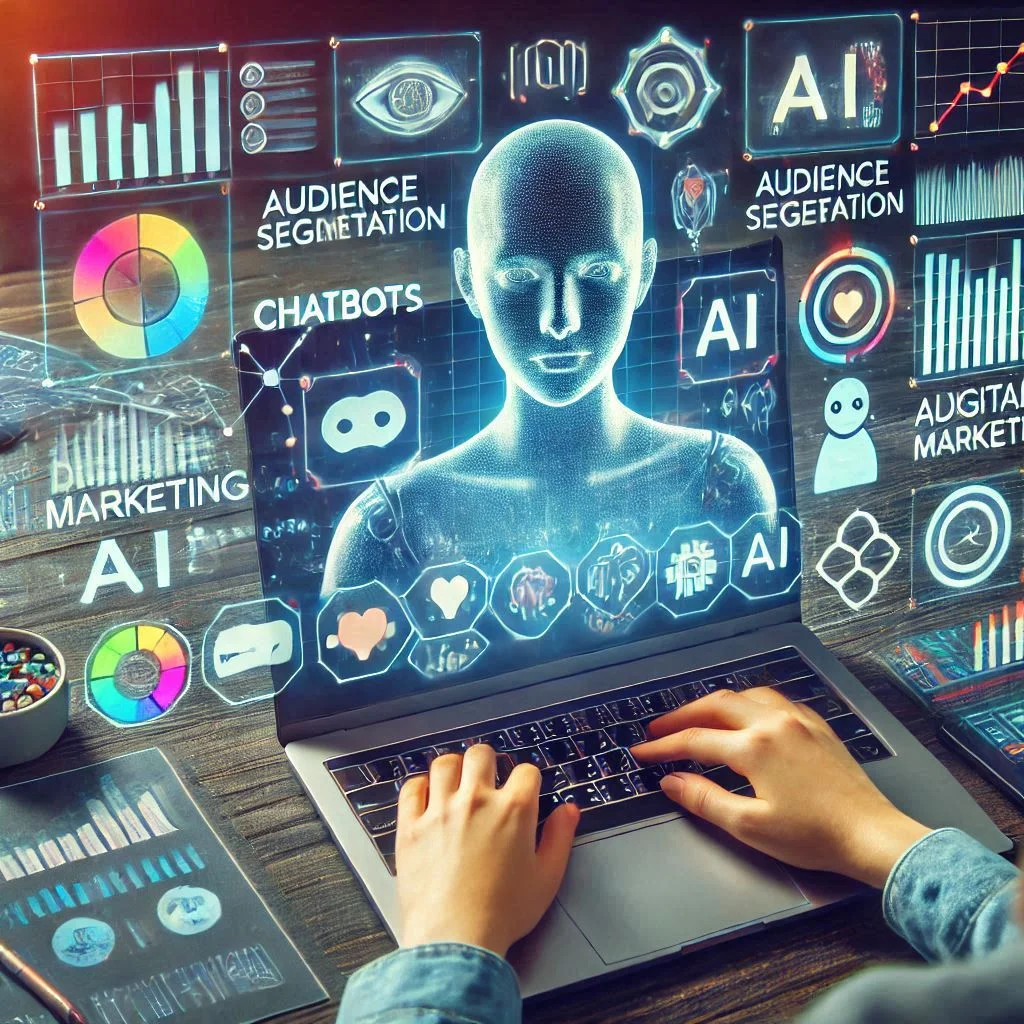
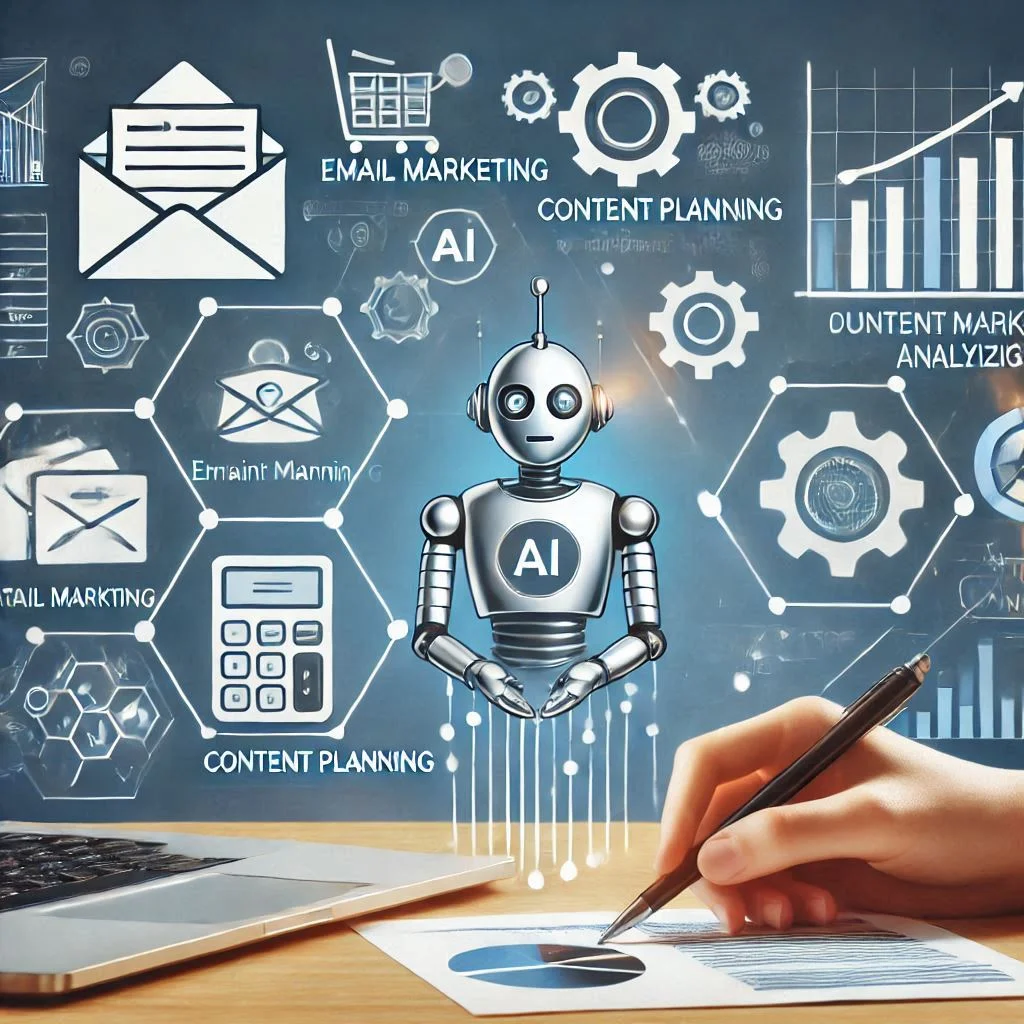
How to Use These Features Effectively
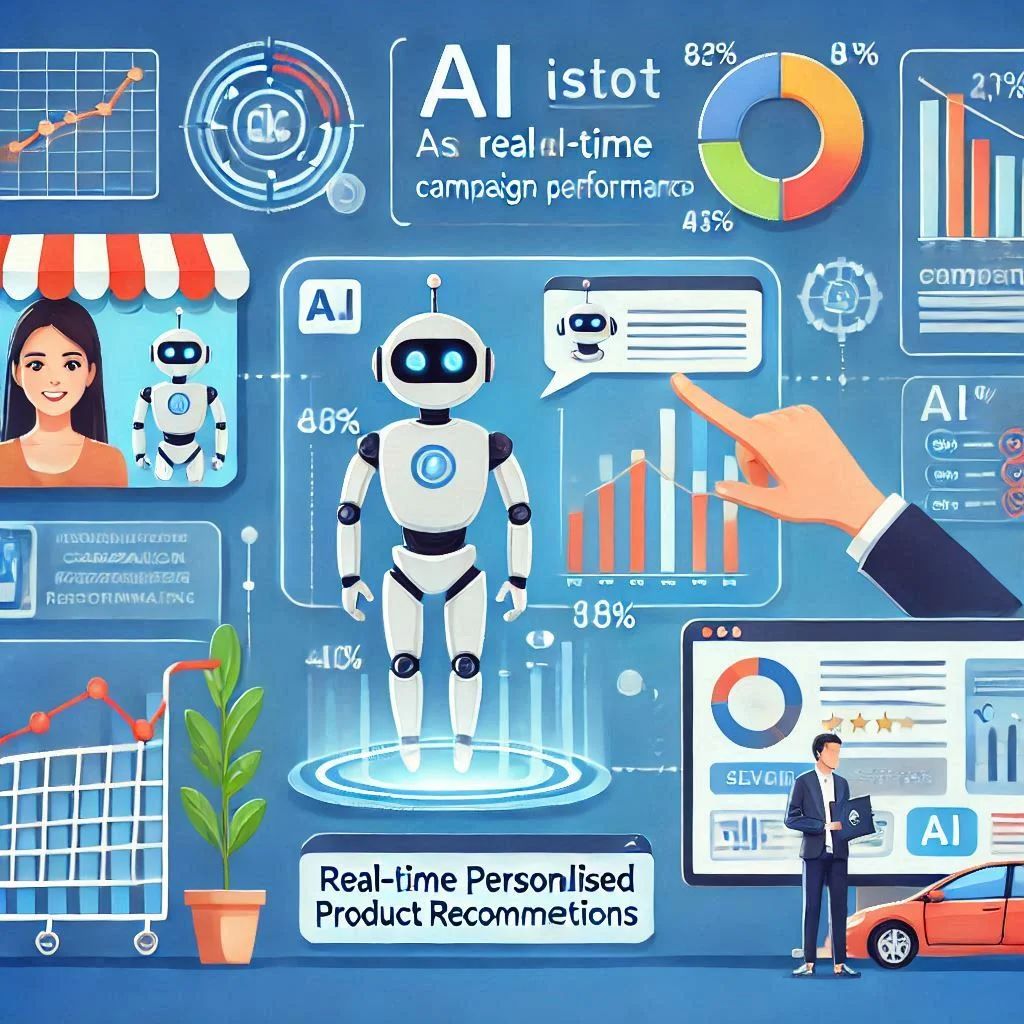
AI is transforming the marketing landscape by providing unparalleled efficiency, personalization, and actionable insights. Businesses that integrate AI into their marketing strategies benefit from increased ROI, streamlined operations, and enhanced customer satisfaction. Below, we explore the key benefits of AI in digital marketing.
How AI Boosts ROI
AI enables businesses to optimize marketing budgets by ensuring every dollar is spent effectively. It identifies high-performing campaigns, minimizes wasted ad spend, and predicts future trends for better allocation of resources. For example, AI tools like Google Ads Smart Bidding adjust bids in real-time to maximize conversions while staying within budget.
Real-Life Example
E-commerce platforms leverage AI to recommend products to users based on their browsing history, increasing the likelihood of purchase. This personalization directly contributes to higher conversion rates and revenue.
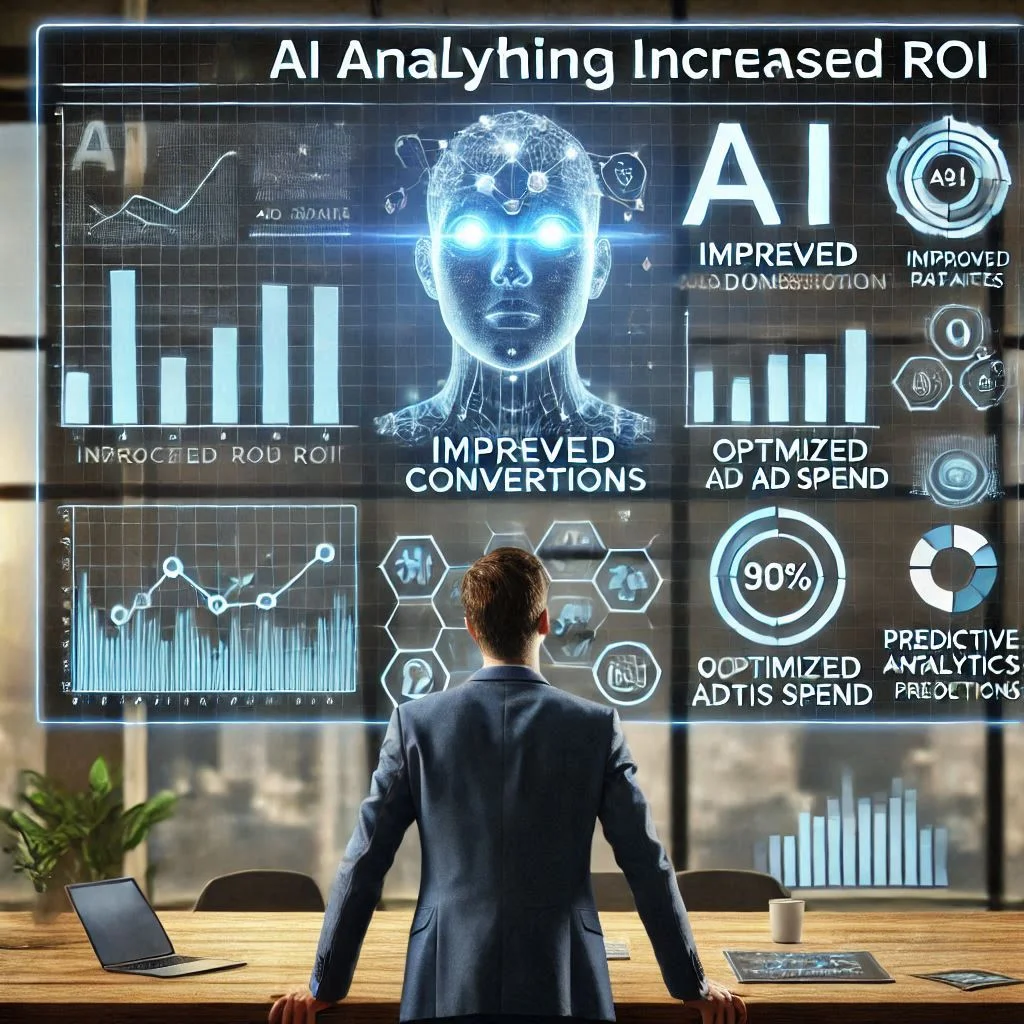
How AI Saves Time
AI automates time-consuming tasks like data analysis, email segmentation, and ad placements. Marketers can focus on strategic planning while AI handles repetitive workflows. Chatbots, for instance, can respond to thousands of customer inquiries simultaneously, reducing response times.
Key Tools for Efficiency
Impact on Campaigns
By processing large volumes of data in seconds, AI ensures that businesses can adapt marketing strategies instantly. This agility is crucial for staying competitive in fast-paced markets.
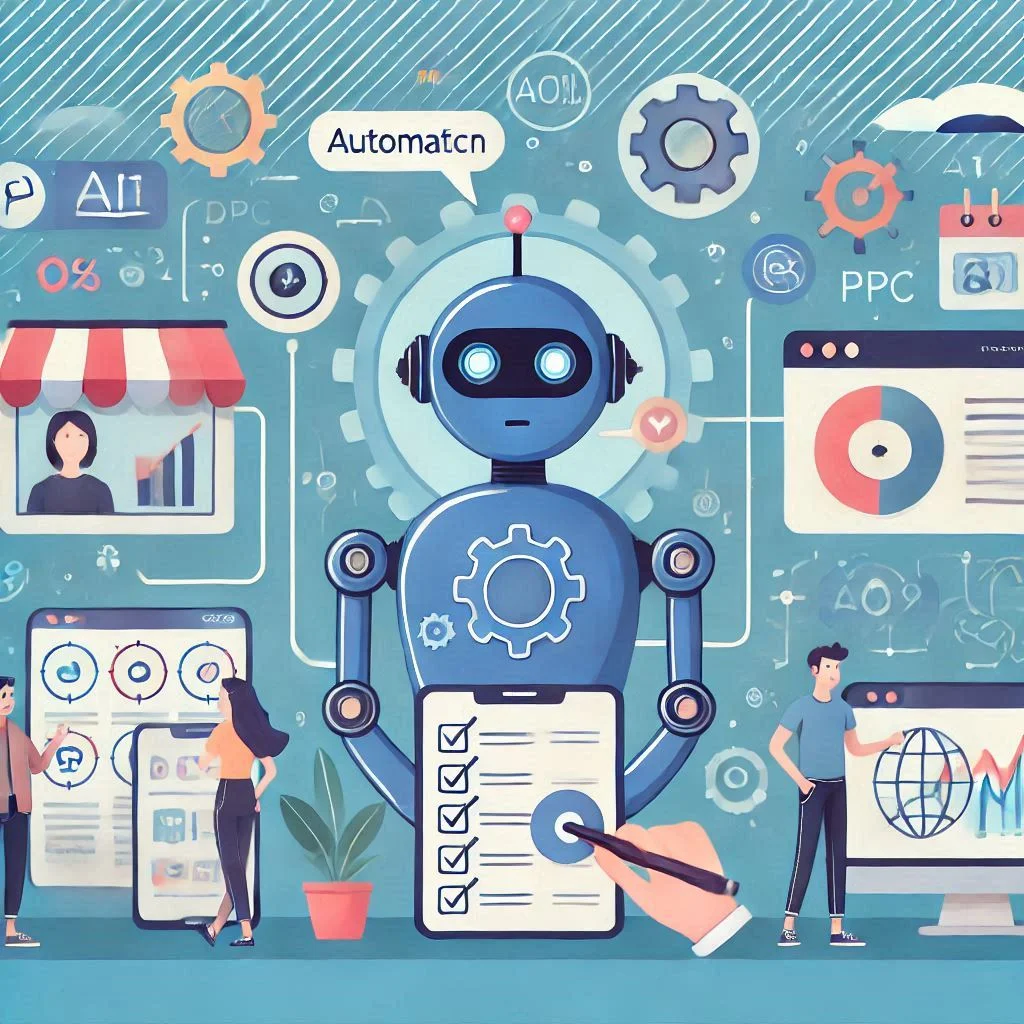
Enhancing Personalization
AI delivers a hyper-personalized customer experience by analyzing user preferences, purchase history, and behavior. For example, Netflix uses AI to recommend shows tailored to individual tastes, creating a more engaging experience.
AI in Customer Support
AI-driven chatbots and virtual assistants provide 24/7 support, answering queries instantly and efficiently. These tools improve satisfaction by reducing wait times and offering accurate solutions.
Building Loyalty
By consistently meeting customer expectations, AI fosters loyalty. Personalization and real-time interactions create a positive brand perception, encouraging repeat business.
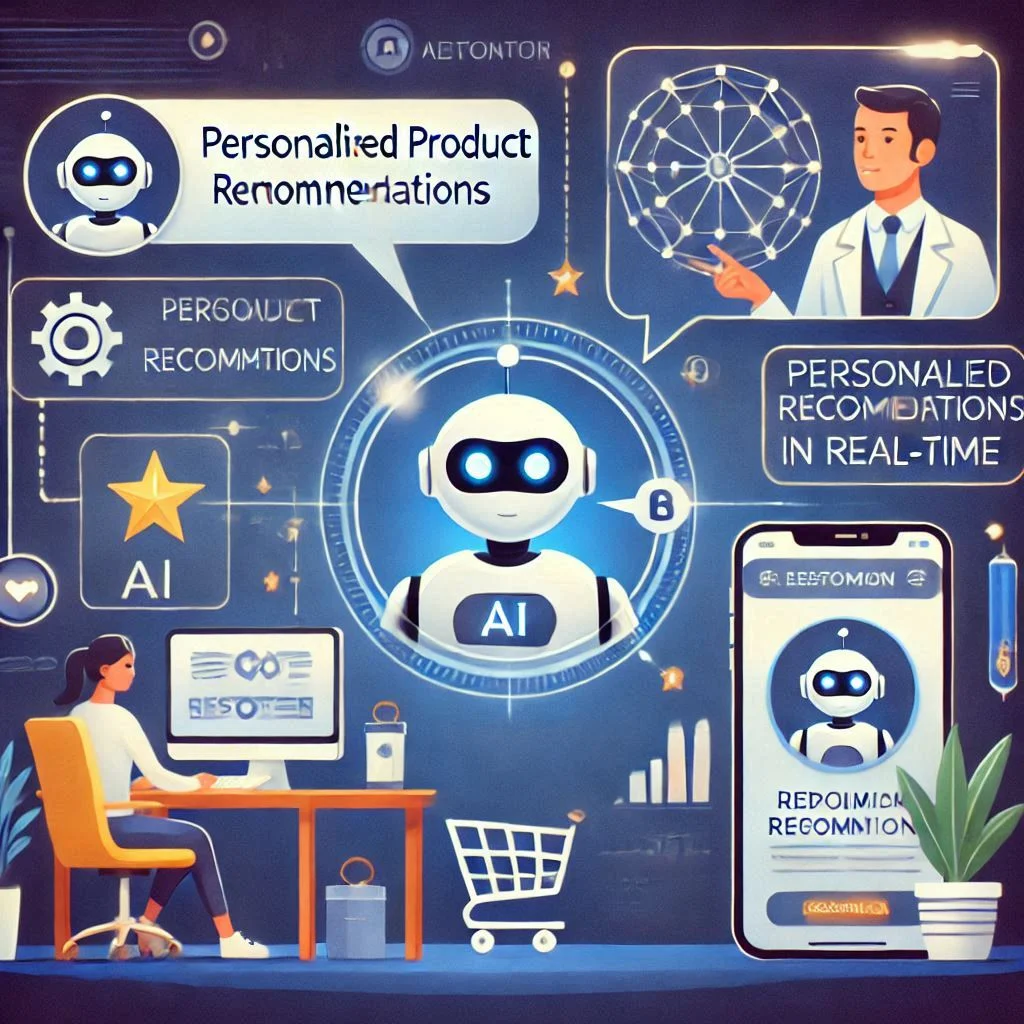
Actionable Insights
AI analyzes complex data sets to identify trends, customer behavior, and market opportunities. Predictive analytics tools like Tableau and IBM Watson provide actionable insights, allowing marketers to make informed decisions.
Real-Time Adjustments
With AI, businesses can adjust campaigns on the fly based on performance metrics. This adaptability ensures that marketing strategies remain effective and aligned with customer needs.
Case Study
Amazon utilizes AI to track purchasing trends and forecast demand, ensuring optimal inventory levels and timely promotions.
AI has revolutionized digital marketing, enabling marketers to optimize strategies, streamline workflows, and provide exceptional customer experiences. Here’s an in-depth exploration of its practical applications and tools.
1. Data Analytics
AI excels in analyzing vast amounts of data, offering marketers actionable insights into customer behavior, market trends, and campaign performance. Tools like Google Analytics 4 and Tableau use AI to track user interactions, predict future trends, and measure ROI effectively.
Real-World Example:
AI-powered predictive analytics can forecast sales trends, allowing businesses to launch targeted campaigns at the right time.
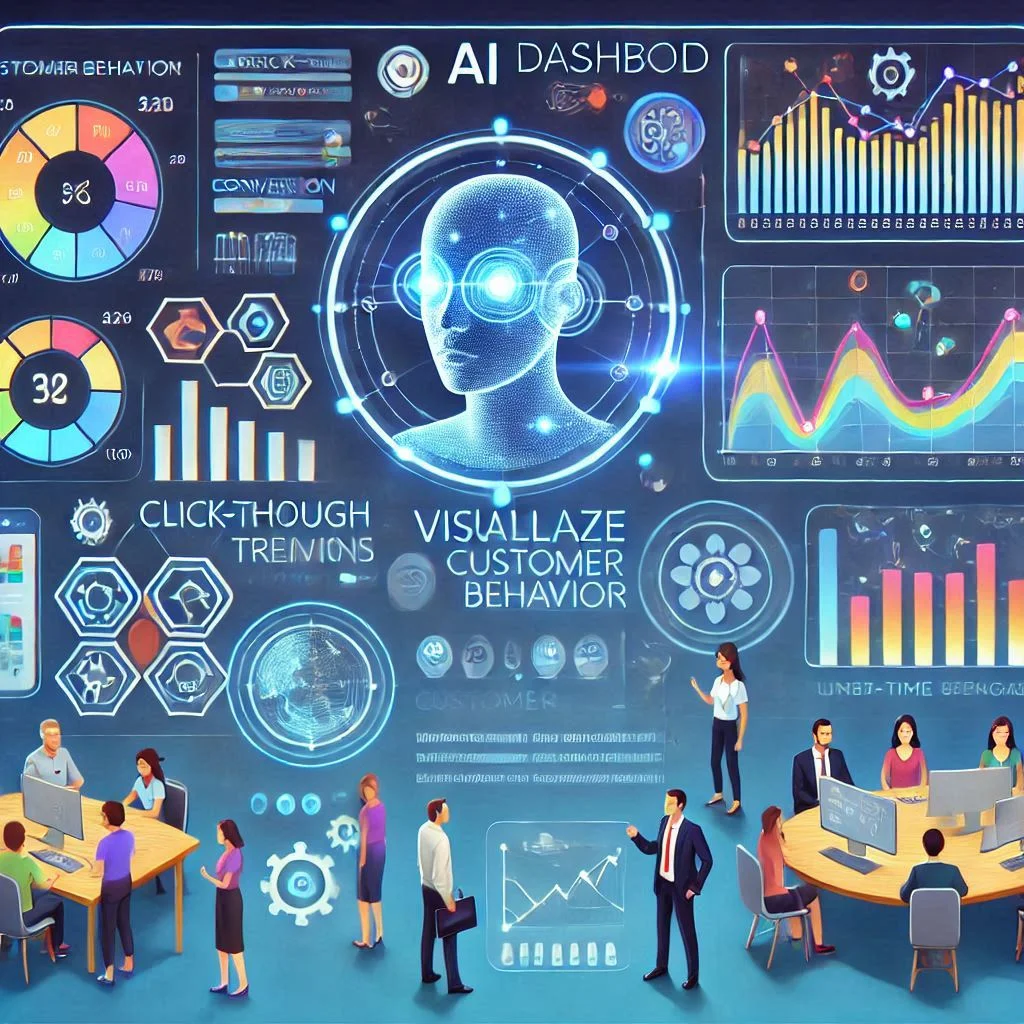
2. Content Creation
AI tools like Jasper and Writesonic help create engaging blog posts, ad copies, and social media content. Marketers can generate topic ideas, write SEO-friendly articles, and even craft personalized email campaigns within minutes.
Why It Matters:
AI reduces the time and effort required for content generation, ensuring consistency and relevance across platforms.
3. Reducing Admin Work
AI automates repetitive tasks such as scheduling emails, managing social media posts, and handling customer queries. This frees up marketers to focus on creative and strategic aspects of campaigns.
Examples of Automation Tools:
4. Content Personalization
AI enables hyper-personalized marketing by analyzing user preferences and tailoring experiences. Platforms like Netflix and Spotify use AI to recommend content, increasing user engagement.
Benefits:
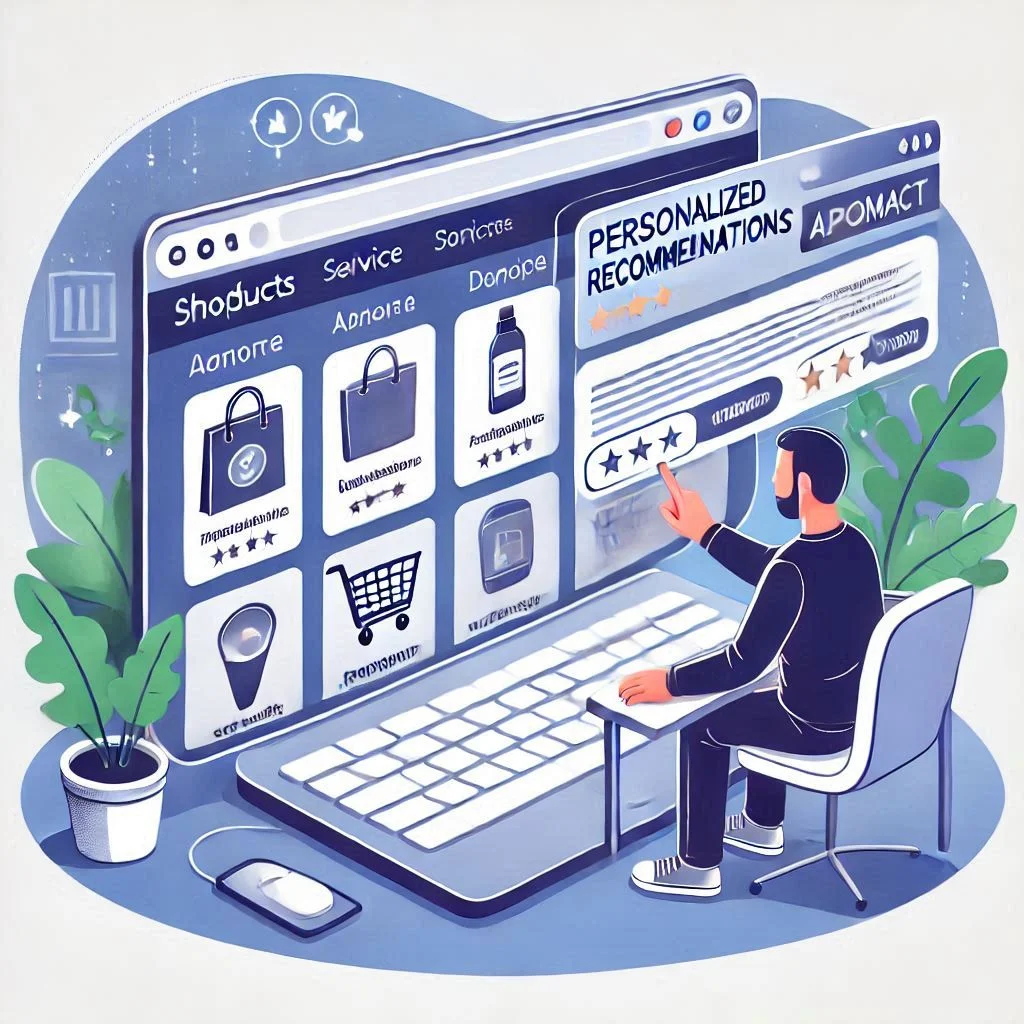
5. Media Buying
AI streamlines media buying by automating the placement of ads. Tools like Programmatic Advertising platforms optimize bids and target audiences in real-time.
Result:
Increased ad efficiency and reduced waste of marketing budget.
6. Improving Customer Experience
AI-powered chatbots and virtual assistants provide 24/7 customer support. Tools like ChatGPT can answer queries, guide users, and resolve issues instantly.
Real-World Application:
E-commerce websites use AI to assist customers with product inquiries and purchase decisions.
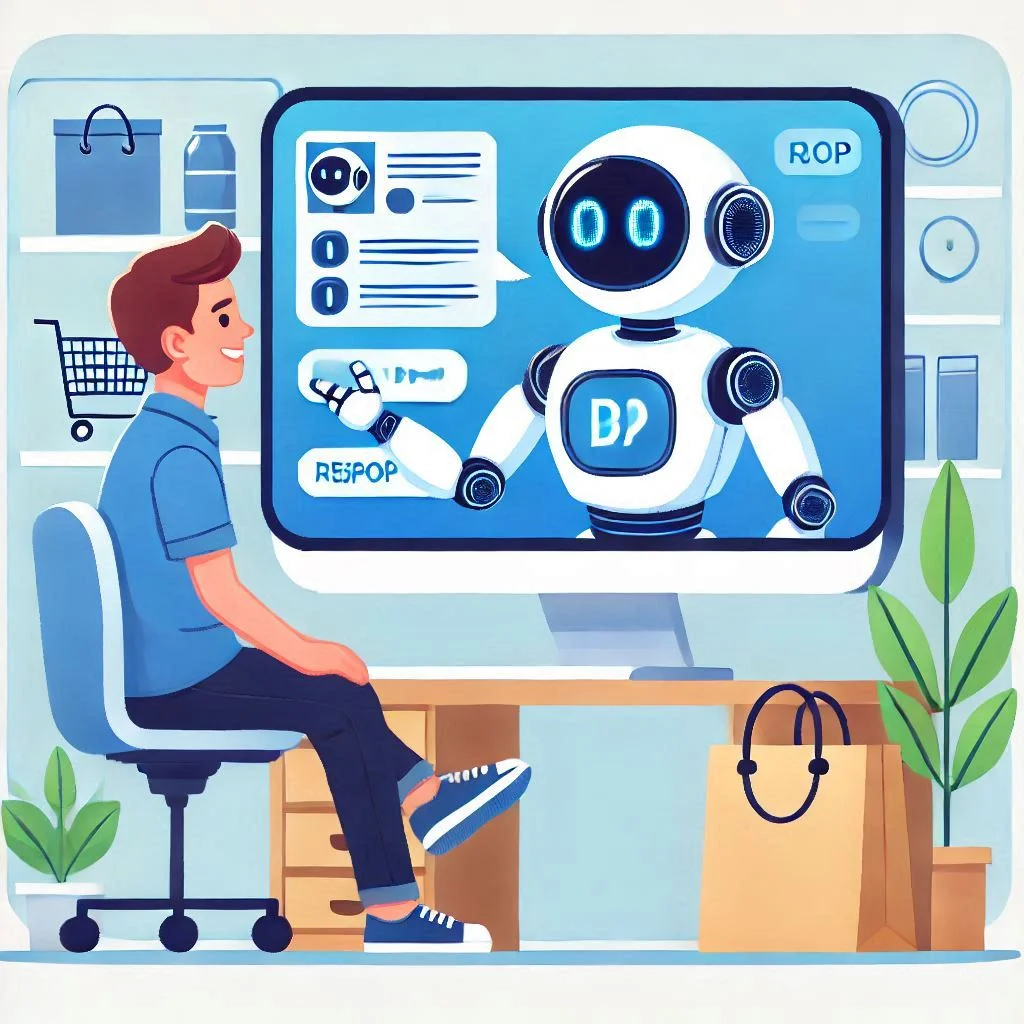
7. Mass Optimization
AI helps optimize campaigns across multiple channels, ensuring maximum ROI. From A/B testing email campaigns to adjusting ad placements based on performance, AI makes real-time improvements that drive results.
Example:
Google Ads uses Smart Bidding to adjust bids dynamically based on user intent and competition.
ChatGPT for Customer Support and Brainstorming
ChatGPT assists marketers in brainstorming campaign ideas, writing ad copies, and providing instant customer support. Its natural language processing capabilities enable human-like interactions.
AI-Driven Reporting and Optimization Processes
Tools like SEMrush and Ahrefs use AI to generate comprehensive reports on SEO performance, backlink analysis, and keyword rankings. These insights help marketers fine-tune their strategies.
AI-powered marketing has transformed the way businesses engage with customers, offering significant advantages while also presenting notable challenges. Understanding these pros and cons is vital for making informed decisions about integrating AI into your marketing strategies.
1. Increased Efficiency
AI automates repetitive and time-consuming tasks, such as email marketing, campaign optimization, and social media management. Automation tools like HubSpot and Mailchimp leverage AI to ensure seamless execution.
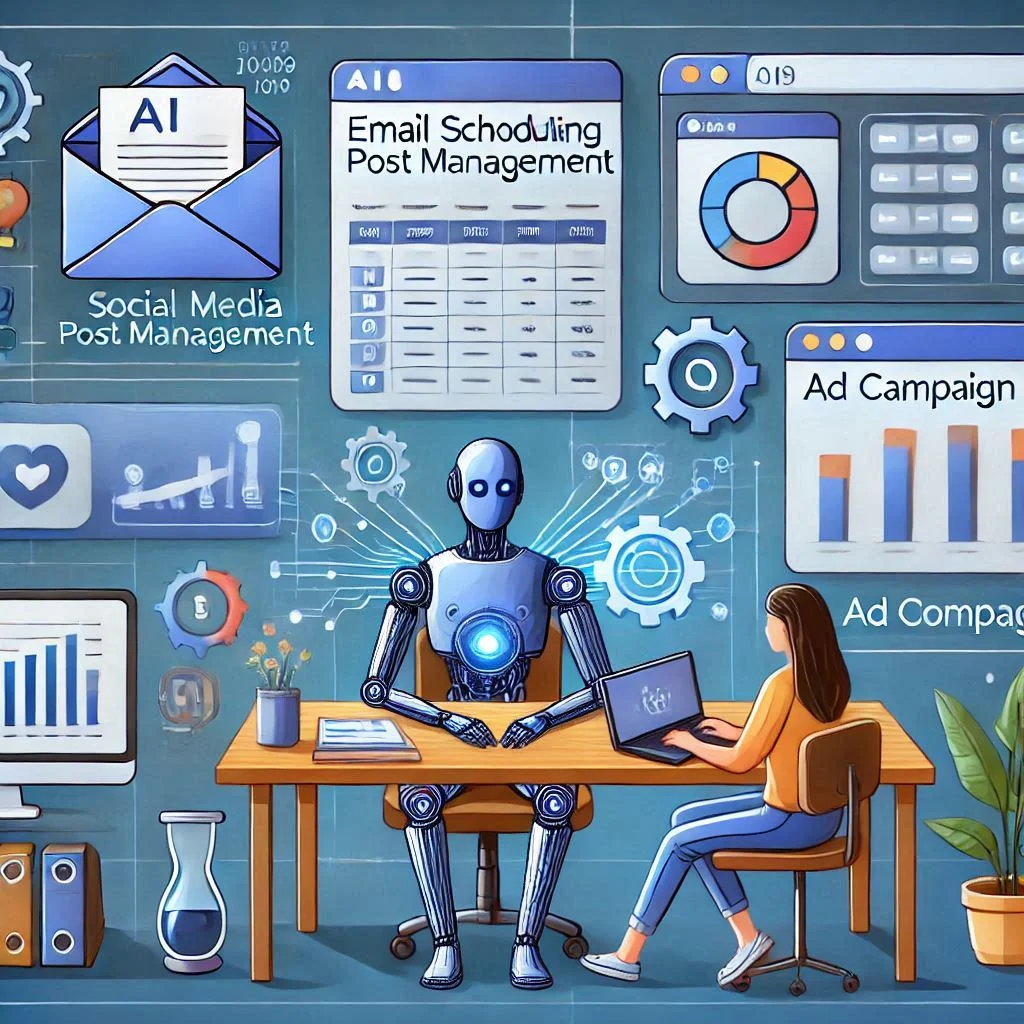
2. Enhanced Personalization
AI enables hyper-personalized customer experiences by analyzing user behavior and preferences. Platforms like Amazon and Netflix use AI to recommend products and content tailored to individual needs.
Example:
Personalized email campaigns with dynamic content for each recipient, improving open and click-through rates.
3. Real-Time Insights
AI provides marketers with real-time analytics, helping them make data-driven decisions on the fly. Tools like Google Analytics 4 and Tableau use AI to deliver actionable insights.
4. Reduced Manual Effort
AI minimizes the need for manual data entry, reporting, and analysis. This reduces human errors and ensures accurate, efficient workflows.
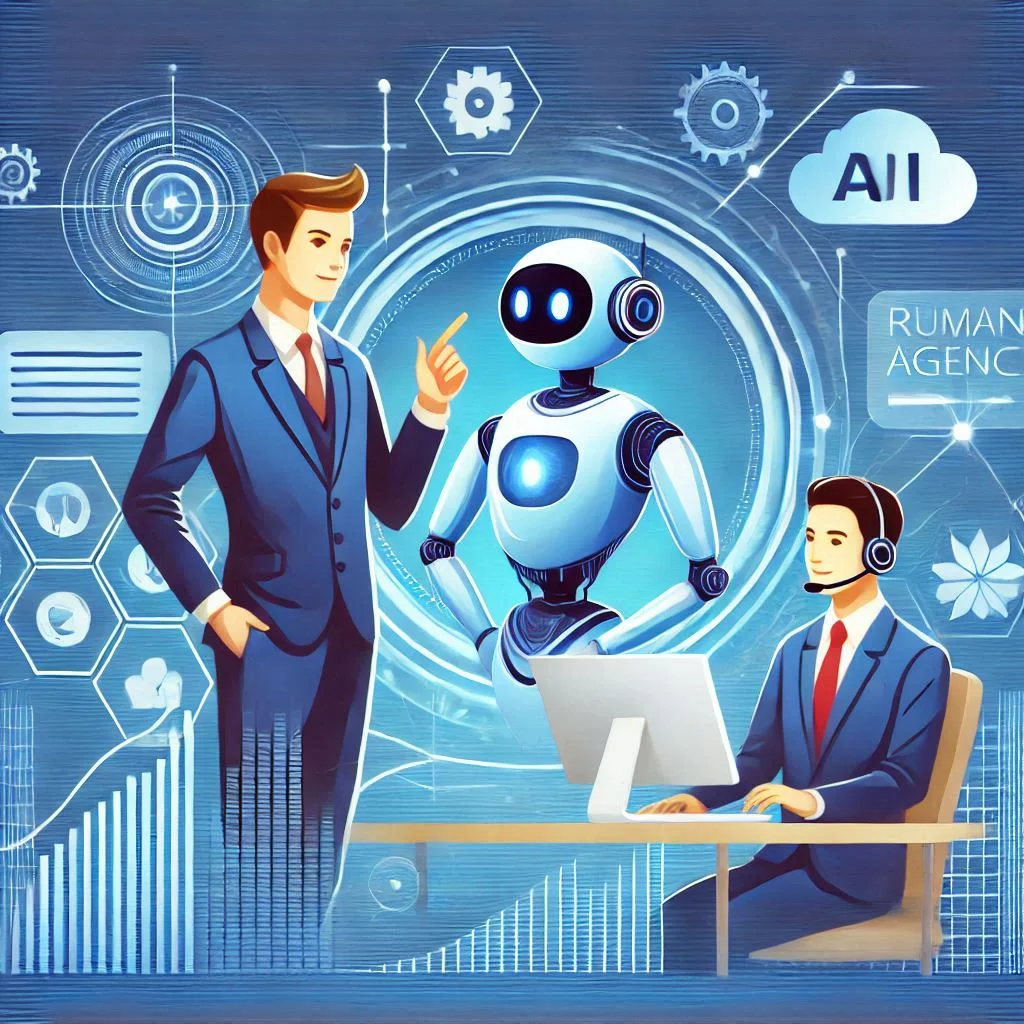
1. Content Quality and Accuracy Challenges
While AI tools like ChatGPT and Jasper generate content quickly, the quality and accuracy can sometimes fall short.
2. Data Privacy Concerns
AI relies heavily on user data to function effectively, raising concerns about data security and privacy compliance. Regulations like GDPR and CCPA enforce strict guidelines, adding complexity.
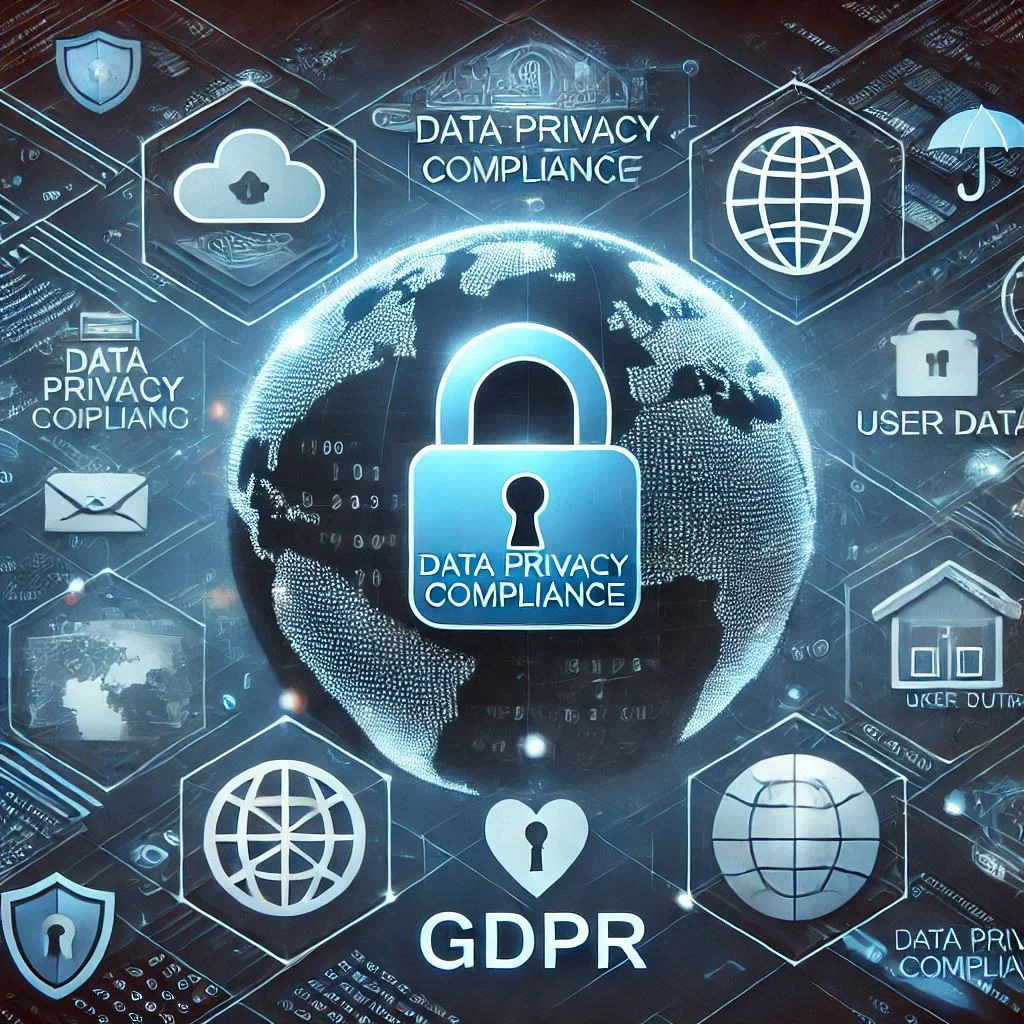
3. Dependence on Technology
Over-reliance on AI can lead to challenges if systems fail or algorithms underperform.
AI in digital marketing is continuously evolving, offering cutting-edge technologies and strategies to revolutionize how businesses engage with audiences. Here, we explore emerging trends and their potential impact on marketing strategies.
Predictive Marketing Tools
Predictive marketing uses AI to analyze historical data and forecast future consumer behavior. Tools like Salesforce Einstein and Adobe Sensei predict customer preferences, enabling businesses to tailor their campaigns proactively.
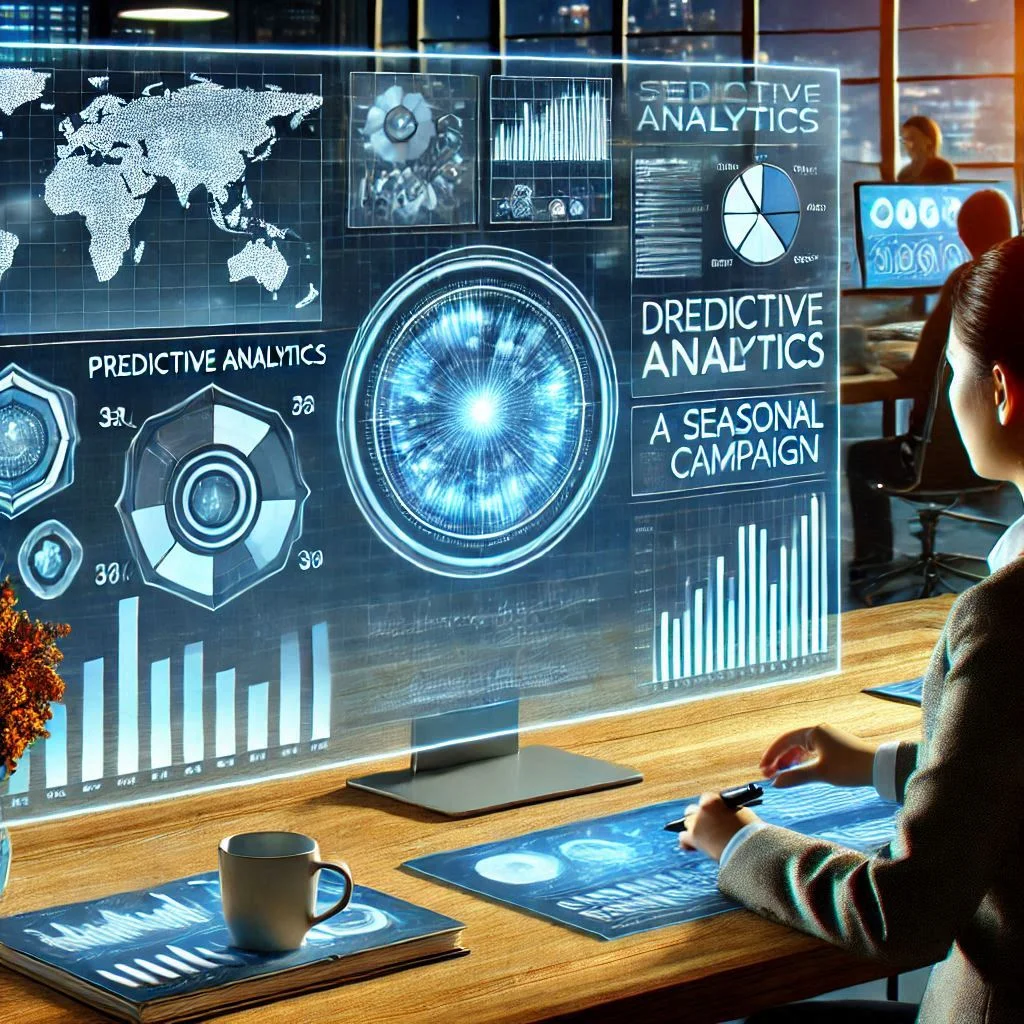
AI-Based Voice Search Optimization
With the rise of voice-activated devices like Alexa and Google Assistant, voice search optimization has become essential. AI helps identify conversational keywords, optimize content for natural language queries, and improve voice SEO.
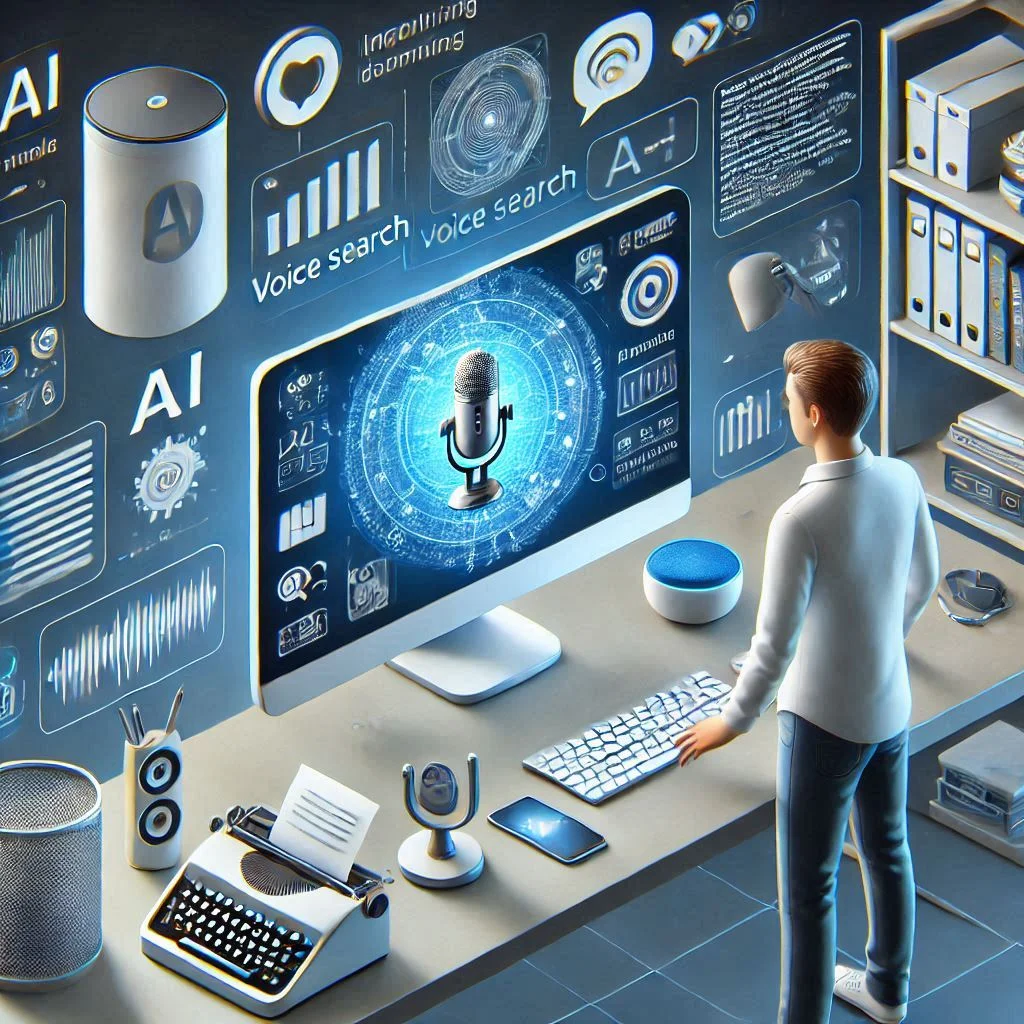
Deeper Audience Insights
AI tools provide granular insights into consumer behavior, such as shopping patterns, interests, and preferences. Platforms like Google Ads and Facebook Ads Manager leverage AI to segment audiences dynamically.
Advanced Personalization Tactics
AI takes personalization to the next level by creating experiences tailored to individual users. This includes dynamic website content, personalized emails, and recommendation systems.
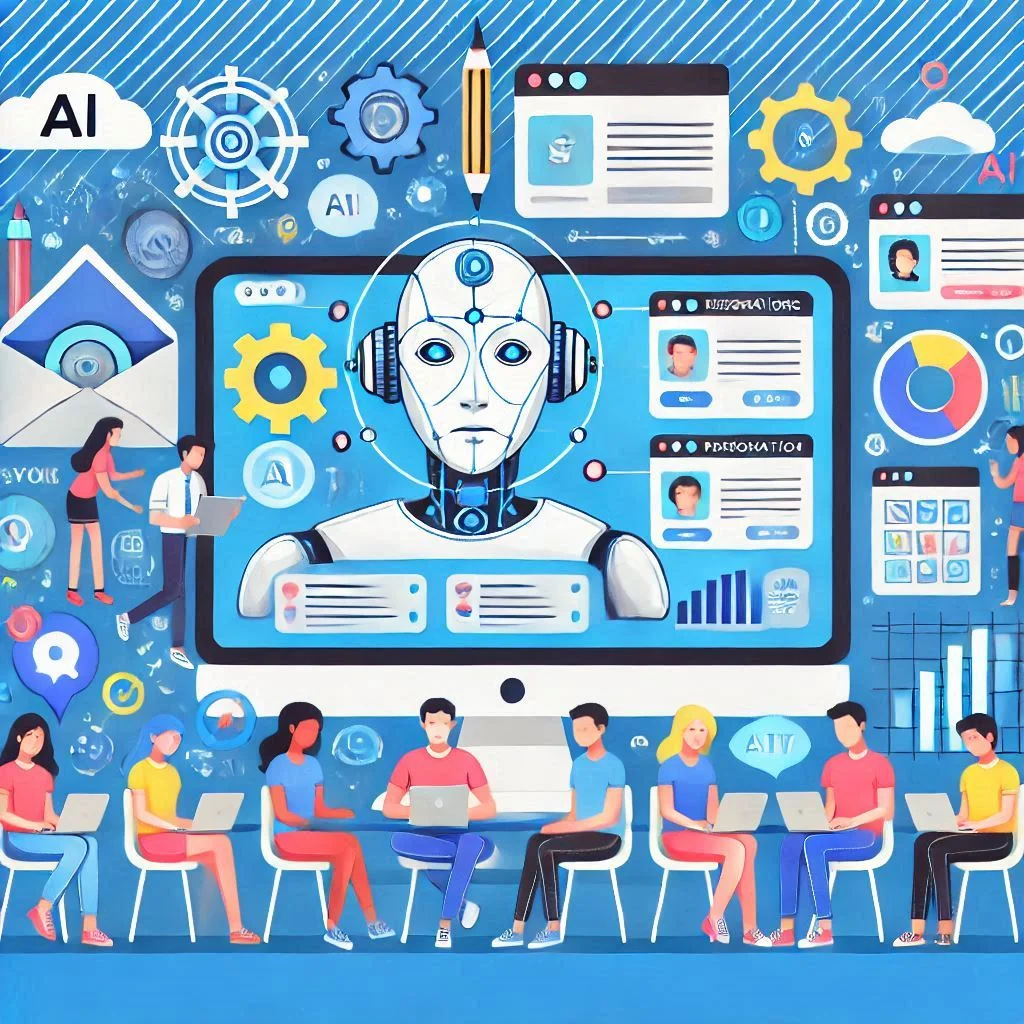
The integration of artificial intelligence (AI) into digital marketing has revolutionized the industry. This final section reflects on the transformative role of AI, its potential for innovative growth, and the challenges it presents.
AI has dramatically reshaped digital marketing by automating processes, enhancing personalization, and providing data-driven insights. It has transitioned from being a supplementary tool to a cornerstone of marketing strategies.
Unlock FREE AI-Powered Content Creation with ZOOLI.AI
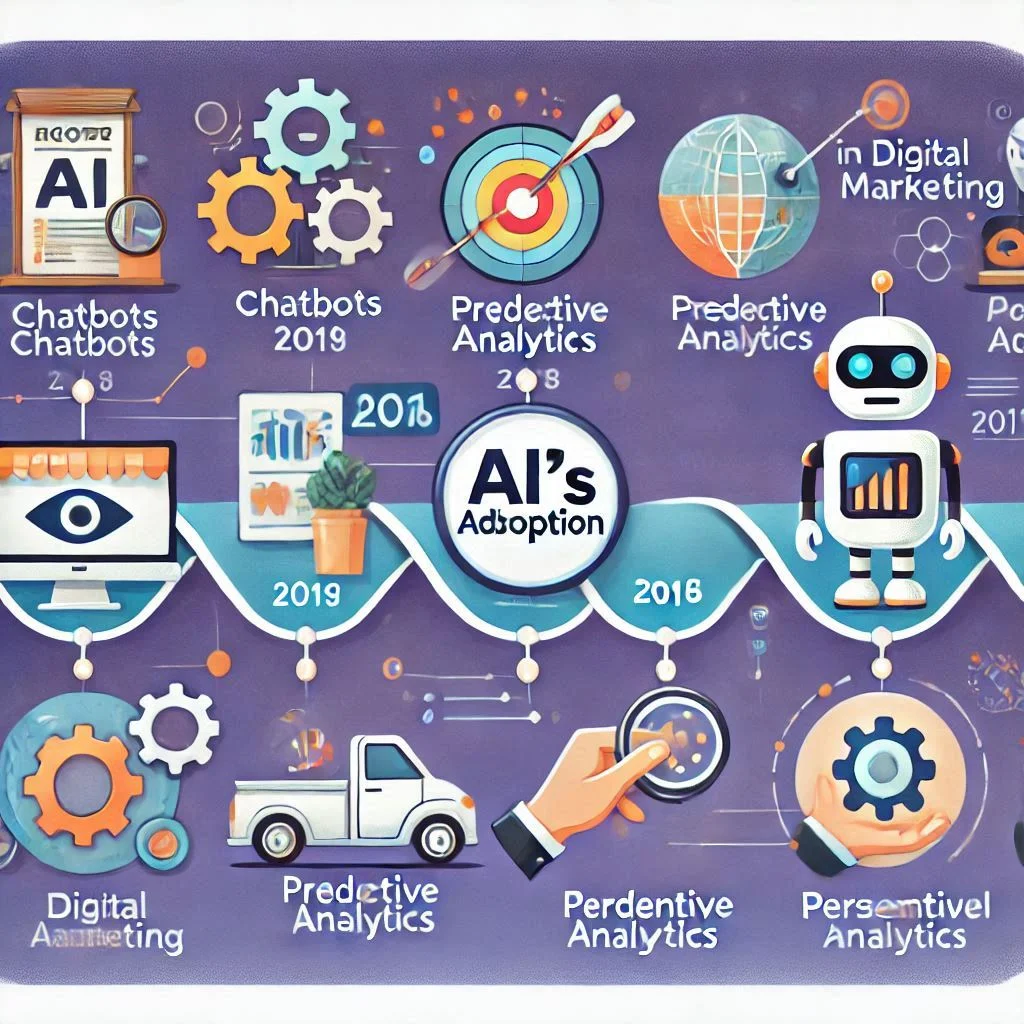
Marketers must embrace AI not just as a trend but as an essential tool for staying competitive. AI offers limitless possibilities to innovate and scale marketing efforts efficiently.
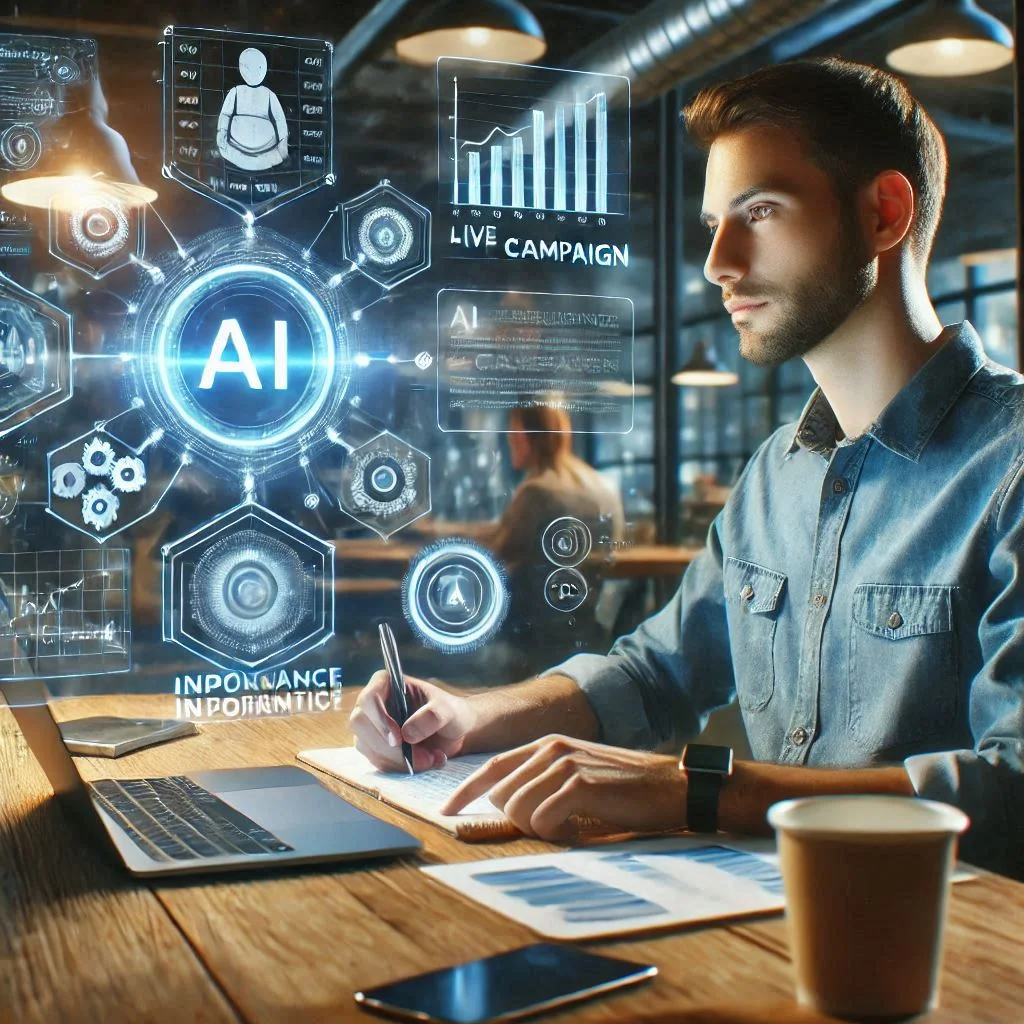
While AI offers immense potential, it comes with its share of challenges. A balanced approach is essential to harness its power responsibly.
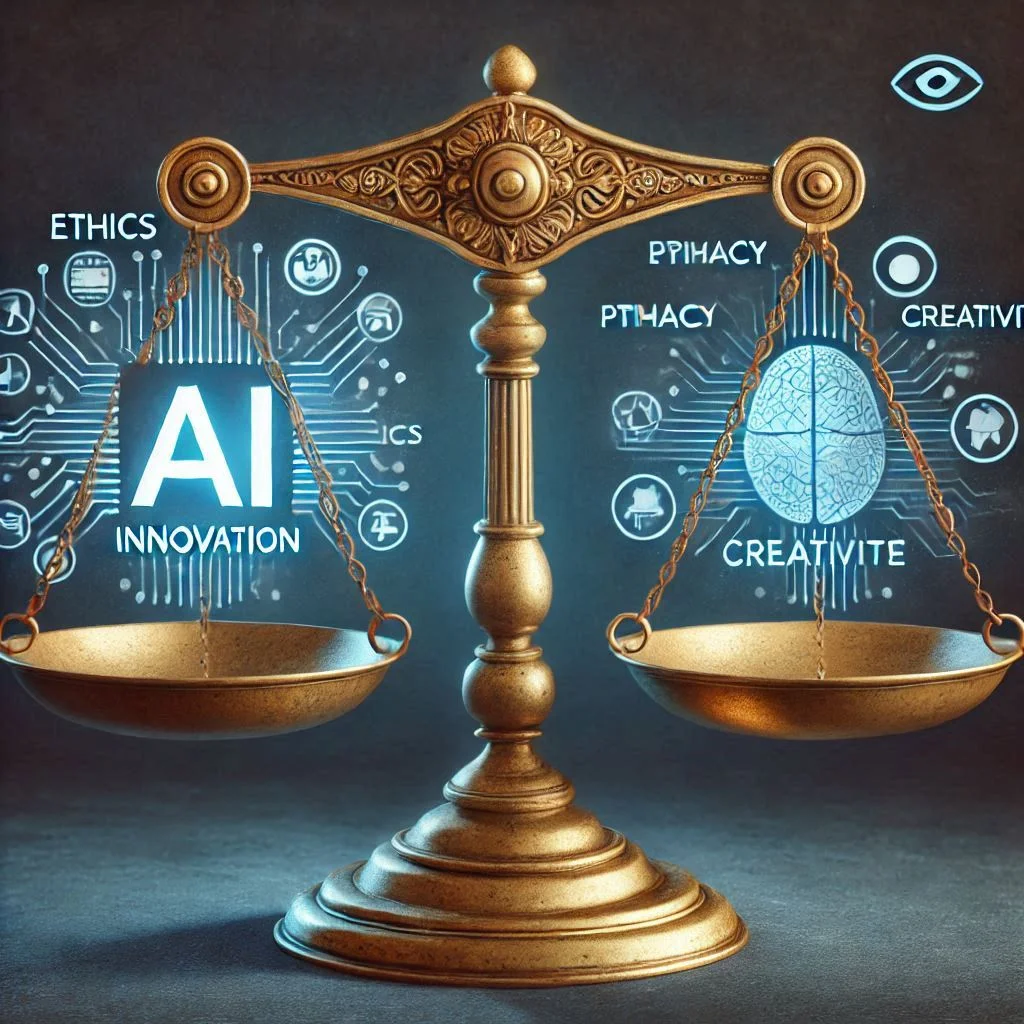
AI has undeniably become a driving force in digital marketing, transforming traditional strategies into data-driven, highly personalized, and efficient campaigns. From enhancing customer experiences to optimizing workflows and providing predictive insights, AI empowers marketers to achieve unparalleled results. However, its integration also comes with challenges, such as maintaining content authenticity, addressing ethical concerns, and ensuring data privacy. By embracing AI with a balanced approach—leveraging its potential while navigating its challenges—businesses can unlock new opportunities and remain competitive in the ever-evolving digital landscape. The future of digital marketing is undeniably tied to AI, and those who adapt early will lead the way in shaping tomorrow’s innovations.